Commercial Plywood | Commercial Plywood Price
In the world of construction and woodworking, the choice of materials can significantly impact the success of a project. Commercial plywood, a versatile and widely-used engineered wood product, has become a cornerstone in various industries. In this comprehensive guide, we will delve into the characteristics, applications, and benefits of commercial plywood, shedding light on why it has earned a reputation as a reliable and indispensable material.

Understanding Commercial Plywood:
Commercial plywood is a type of engineered wood product made from thin layers of wood veneer, known as plies or layers, bonded together with an adhesive under heat and pressure. The cross-graining of the layers contributes to the material’s strength, stability, and resistance to warping or twisting. This construction method results in a uniform and versatile sheet material that is widely utilized in construction, furniture manufacturing, and other woodworking applications.
Characteristics of Commercial Plywood:
- Strength and Stability: Commercial plywood is renowned for its strength and stability. The cross-layered structure enhances its dimensional stability, making it resistant to warping, cracking, and bending. This durability is particularly crucial in construction projects where structural integrity is paramount.
- Versatility in Thickness and Size: Commercial plywood is available in various thicknesses and sizes, catering to a wide range of applications. Whether you need thin sheets for paneling or thicker sheets for structural elements, commercial plywood offers flexibility in meeting specific project requirements.
- Smooth and Uniform Surface: The manufacturing process of commercial plywood results in a smooth and uniform surface. This makes it an ideal material for finishing with paints, laminates, or veneers, providing a polished and aesthetically pleasing appearance.
- Cost-Effective: Compared to solid wood, commercial plywood is often more cost-effective. Its engineered construction allows for the utilization of lower-grade wood in the core layers, reducing overall costs without compromising strength and performance.
Applications of Commercial Plywood:
- Construction and Structural Use: Commercial plywood is widely used in construction for applications such as roofing, flooring, formwork, and sheathing. Its strength and dimensional stability make it a preferred choice for structural components.
- Furniture Manufacturing: The versatility of commercial plywood shines in the furniture industry. It is commonly used to create various furniture pieces, including cabinets, tables, chairs, and shelves, due to its stability and ability to hold intricate designs.
- Cabinetry and Joinery: Plywood’s strength and smooth surface make it an excellent choice for cabinetry and joinery projects. It is often used for making kitchen cabinets, wardrobes, and other built-in furniture.
- Interior Decor and Paneling: The smooth and uniform surface of commercial plywood makes it suitable for interior decor applications. It can be veneered, painted, or laminated to achieve desired finishes for wall paneling and other decorative elements.
Conclusion:
Commercial plywood stands as a testament to the ingenuity of engineered wood products. Its strength, versatility, and cost-effectiveness make it a go-to material for builders, craftsmen, and manufacturers across various industries. Whether you are embarking on a construction project or crafting bespoke furniture, consider the reliable and enduring qualities of commercial plywood as you explore the vast possibilities it offers in the world of woodworking and design.

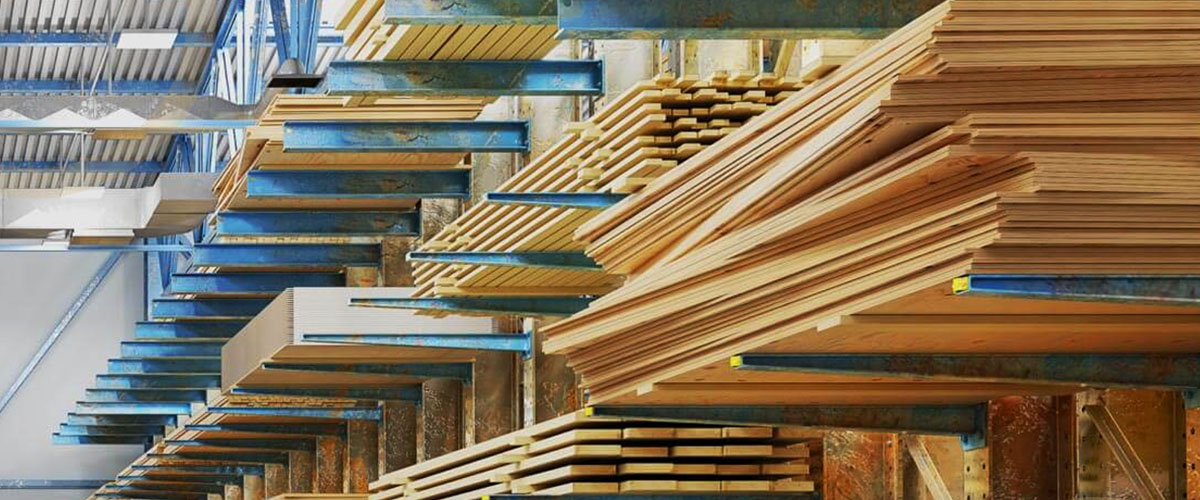
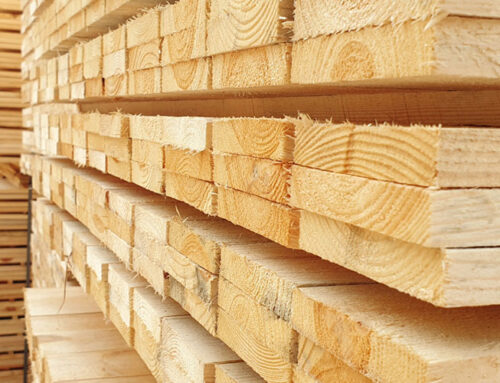
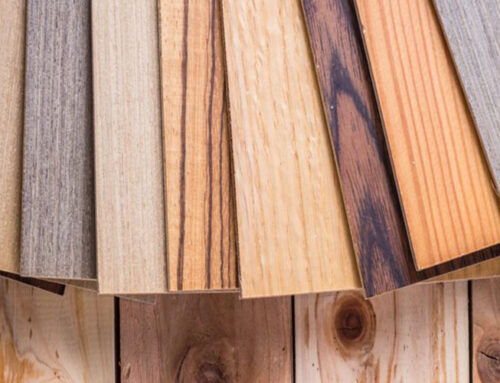
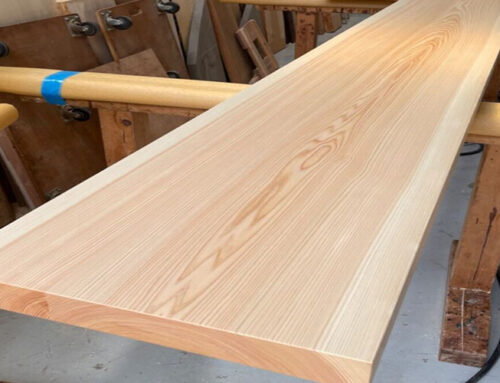
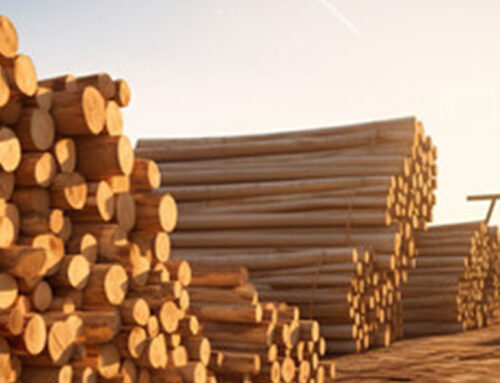
Leave A Comment